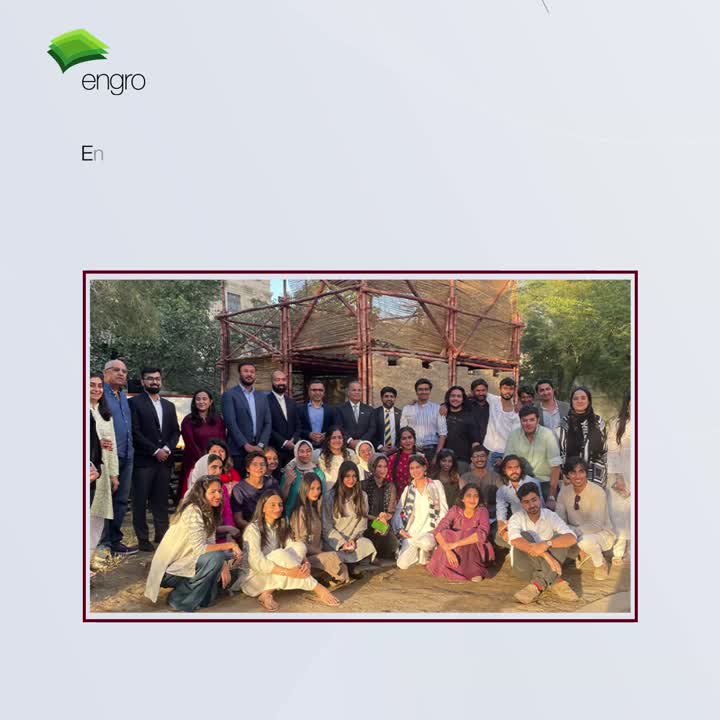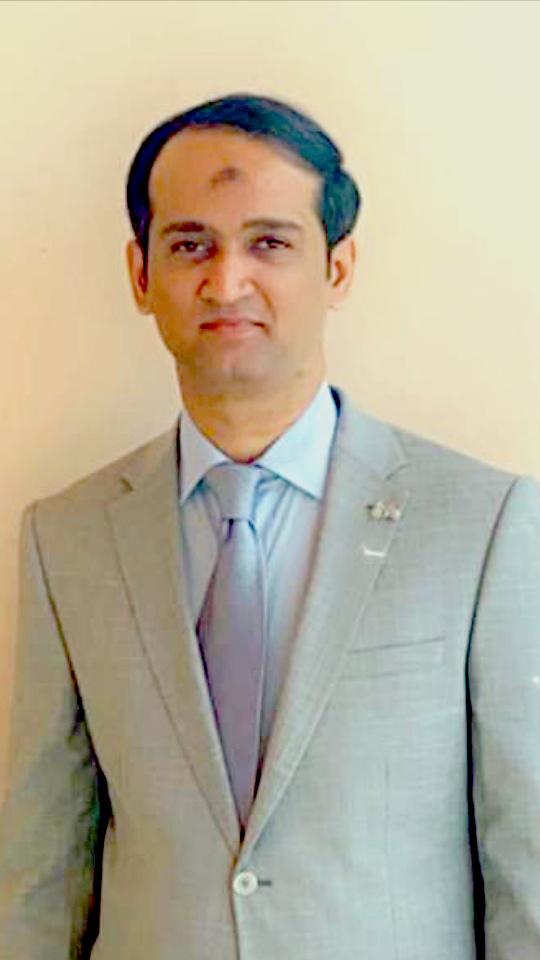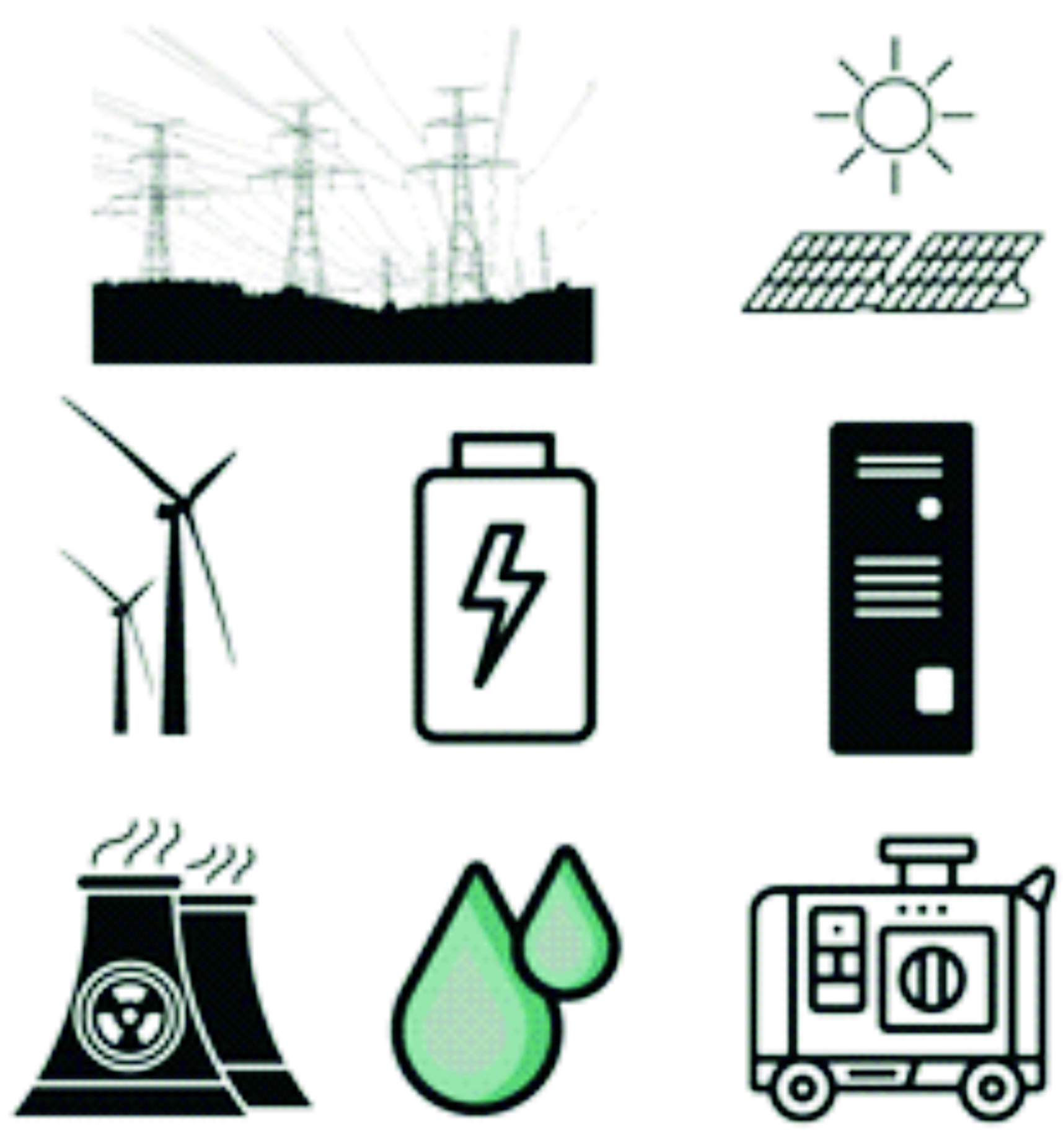K-Electric to build 2×660 MW Thar coal-fired power project
Signs multi-party MoU to add indigenous
resource-based power generation
K-Electric signed a Memorandum-of-Understanding (MoU) with the Sindh government, Oracle Power, and PowerChina for the potential development of a 2×660 […]





